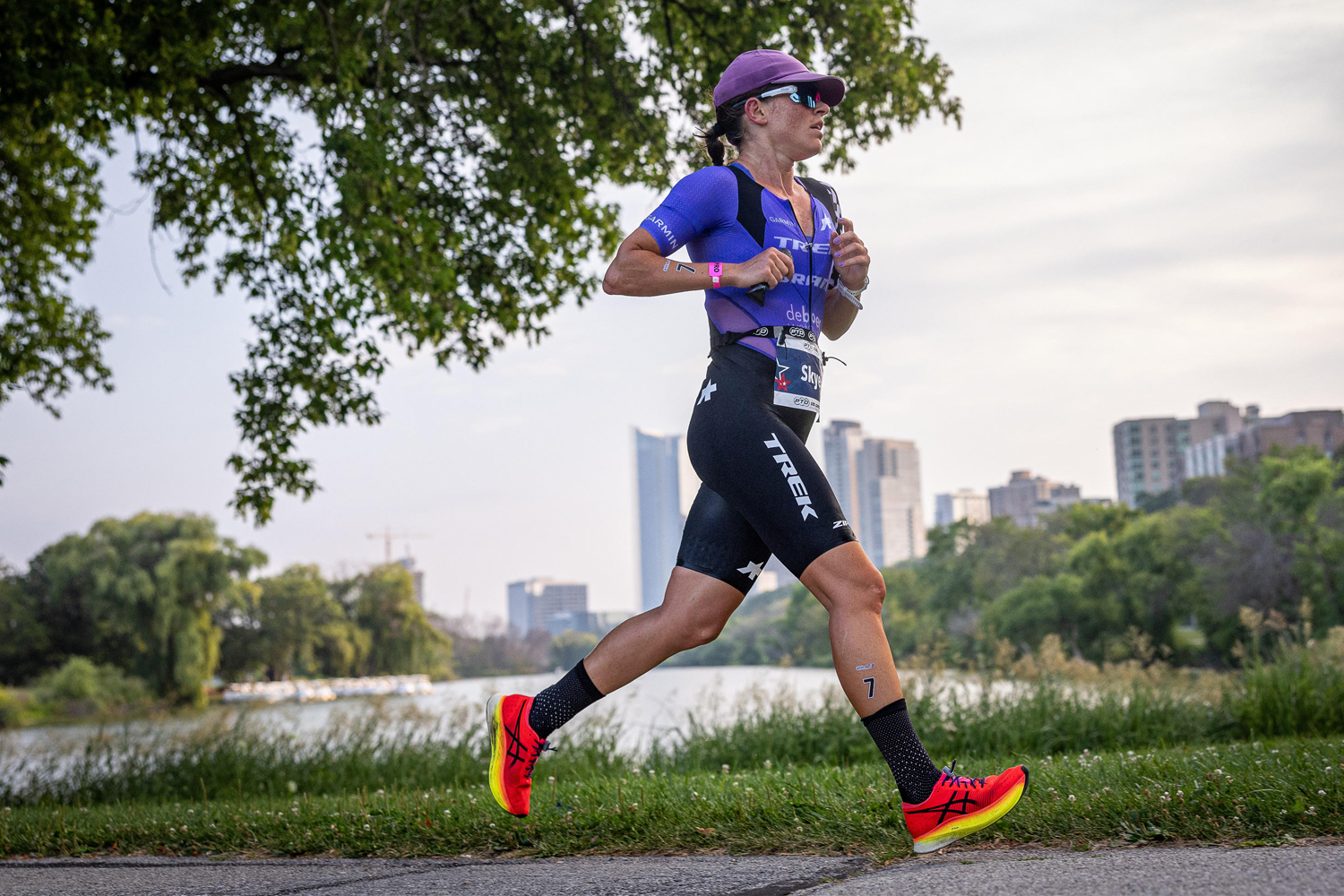
As pro athletes redefine the limits of performance, coaches are continually refining their strategy and leading a collaborative effort.

As pro athletes redefine the limits of performance, coaches are continually refining their strategy and leading a collaborative effort.